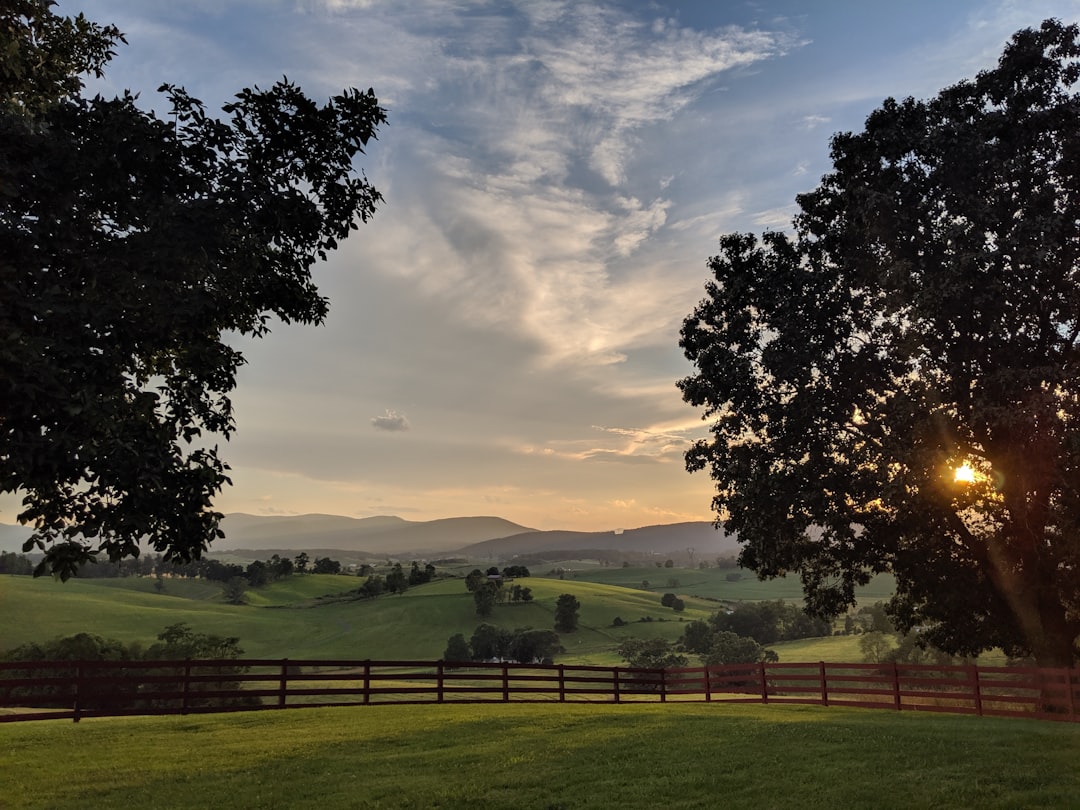Dale City Farmers Market vendors face complex regulations but can thrive by understanding local and state laws. Staying informed about permits, licenses, and best practices ensures compliance, avoids penalties, and fosters business continuity. Collaborative efforts with authorities enhance health & safety, build community trust, and drive sustainable growth in Virginia's agricultural ecosystem without needing legal assistance from a lawyer or law firm.
“In recent times, Dale City Farmers Market vendors have found themselves navigating a sea of new regulations, impacting their operations and community engagement. This article serves as a comprehensive guide, offering insights into the practical implications of these changes. From understanding intricate permit processes to exploring compliance strategies, we delve into how local farmers and producers are adapting. Additionally, we highlight the importance of community support and collaboration with authorities for a successful transition.”
Understanding New Regulations: A Comprehensive Overview for Vendors

Navigating new regulations can be a daunting task for anyone, especially vendors at Dale City Farmers Market. With frequent changes in local and state laws, it’s crucial for market participants to stay informed about their rights and responsibilities. A comprehensive overview of these regulations is essential for vendors to ensure compliance and avoid potential penalties.
This guide aims to demystify the process by breaking down complex rules into simple, actionable steps. By understanding the legal framework governing their operations, vendors can confidently navigate the market’s evolving landscape. Staying abreast of these changes not only ensures business continuity but also fosters a robust and legally sound environment for all participants.
Impact on Local Farmers and Producers: Challenges and Opportunities

The new regulations have significantly impacted local farmers and producers in Dale City Farmers Market, presenting both challenges and opportunities. On one hand, strict compliance with food safety standards and environmental regulations requires additional investments in equipment, training, and documentation, which can be a financial burden for smaller operations. The complexity of navigating these rules, especially for those new to the market, poses a learning curve that demands time and resources.
However, these changes also offer chances for growth and differentiation. By adopting best practices, farmers can enhance their products’ quality and safety, potentially attracting health-conscious consumers. Furthermore, the market’s emphasis on sustainability aligns with rising consumer preferences for locally sourced, organic produce, allowing vendors to carve out unique niches and strengthen their positions in the competitive agricultural landscape.
Navigating Permits and Licensing: What Dale City Vendors Need to Know

Navigating permits and licenses is a significant aspect of operating at the Dale City Farmers Market. Vendors must be aware of the specific requirements for their businesses, as these regulations can vary based on product types and sales methods. The local government in Virginia provides comprehensive guides to help vendors understand what they need to do to comply with the law. These include obtaining business licenses, food service permits (for those selling prepared foods), and health department approvals, among others.
It’s crucial for Dale City Farmers Market vendors to stay informed about these regulations to avoid any legal complications. While it might seem daunting at first, many resources are available to assist them in this process. The market itself often organizes workshops or hosts information sessions on navigating permits and licenses, ensuring that its vendors can thrive while adhering to all necessary guidelines.
Compliance Strategies: Best Practices for a Smooth Transition

Navigating new regulations can be a daunting task, especially in dynamic markets like Dale City Farmers Market. However, vendor preparedness is key to a smooth transition. Implementing robust compliance strategies isn’t just about avoiding penalties; it’s about ensuring ongoing business sustainability and maintaining customer trust. Best practices include staying informed on updates from relevant authorities, investing in training for staff on new rules, and establishing clear internal protocols to address the changes.
Regular reviews of regulatory documents, keeping an eye on industry news, and seeking guidance from trusted resources—without engaging a lawyer Virginia or any law firm Virginia—can help vendors anticipate challenges. Embracing technology for streamlined record-keeping and communication also aids in effective compliance. By adopting these proactive measures, Dale City Farmers Market vendors can navigate new regulations confidently while preserving the market’s vibrancy.
Building Community Support: Collaborating with Local Authorities

Dale City Farmers Market vendors have been actively collaborating with local authorities to build community support and navigate new regulations. This collaborative effort is instrumental in ensuring that the market remains a vibrant hub for fresh produce and locally-sourced goods. By engaging with government bodies, vendors are able to better understand and comply with health and safety standards, which are essential for maintaining a positive reputation and customer trust.
The partnership has facilitated open communication channels, enabling quick resolution of challenges and implementation of innovative solutions. This teamwork creates a supportive environment that not only benefits the market’s vendors but also enriches the experience of Dale City residents and visitors alike. Such community-focused initiatives showcase the power of collective action in fostering sustainable growth and resilience within the local agricultural ecosystem.






